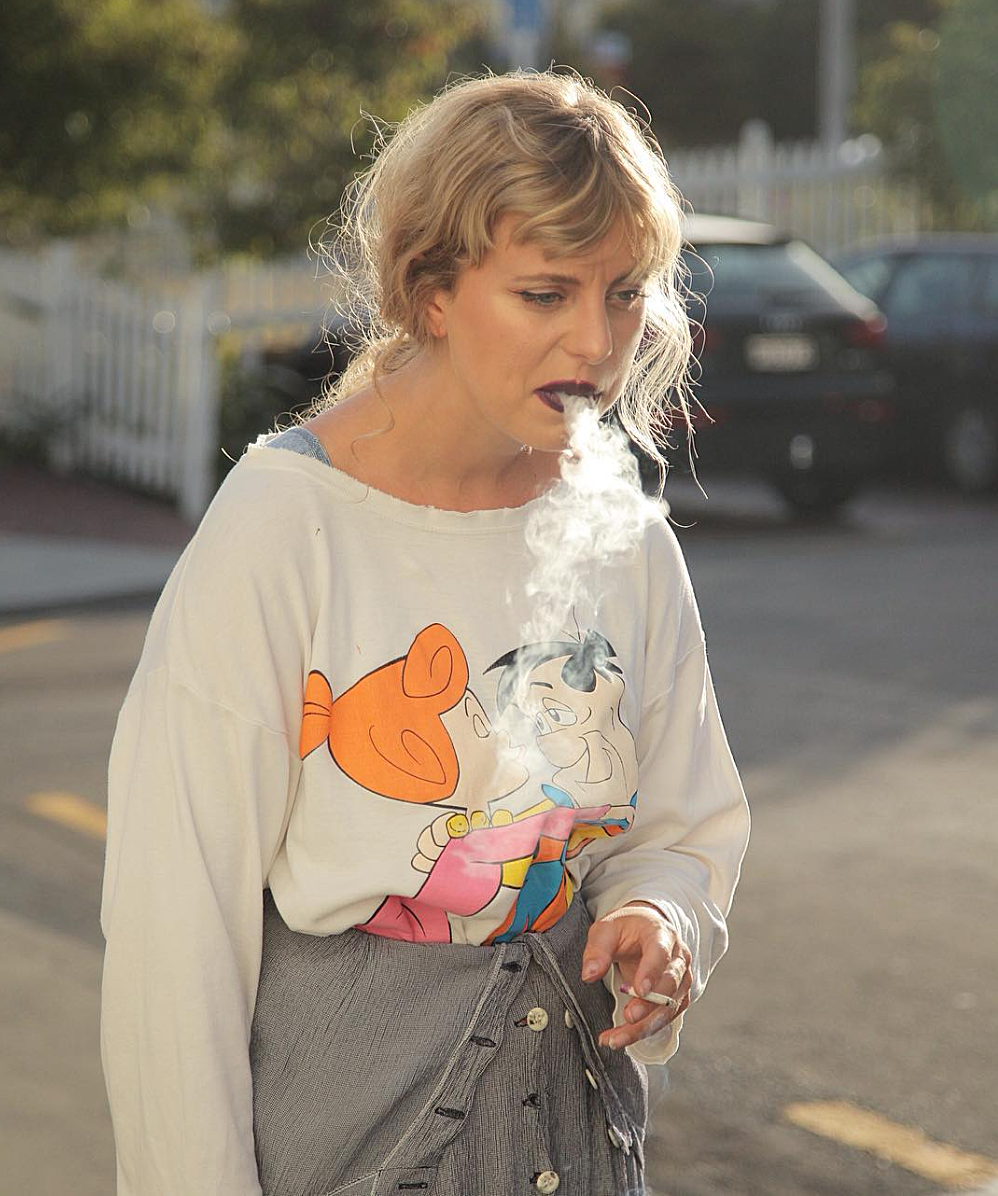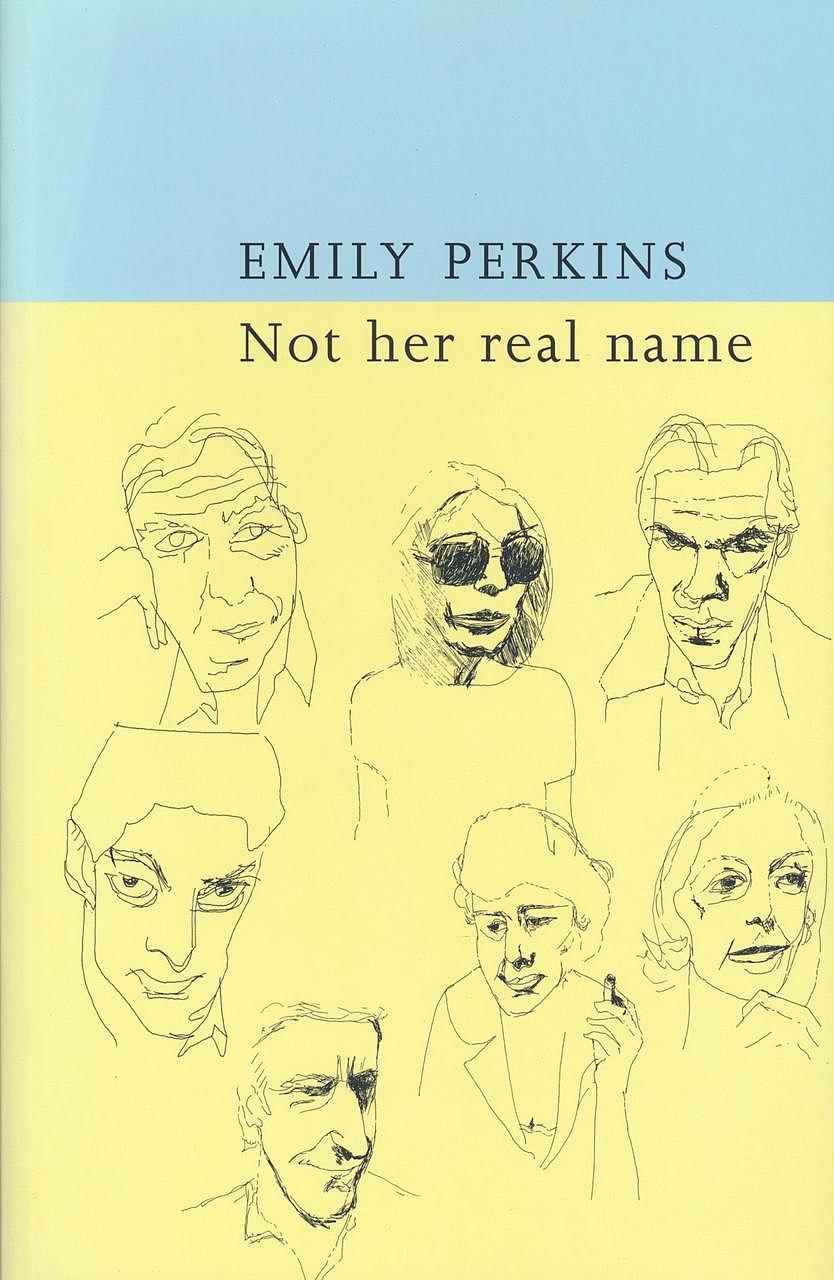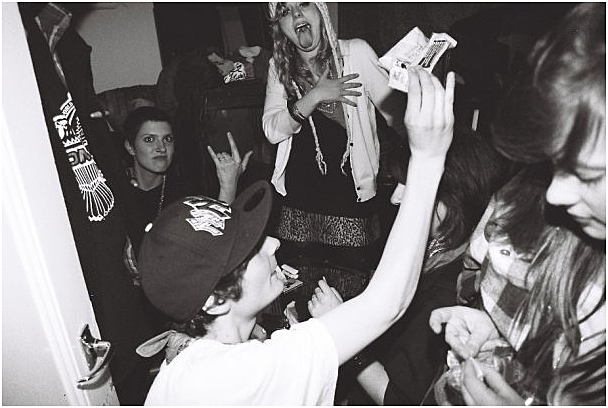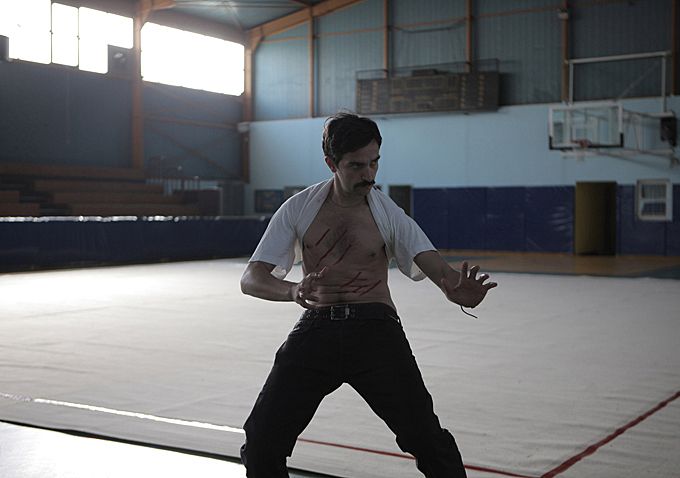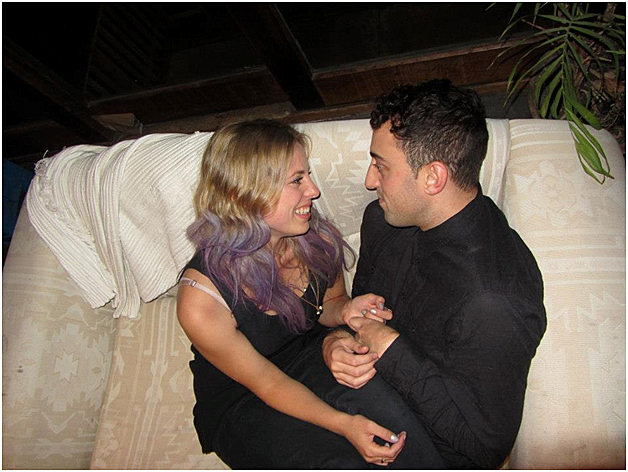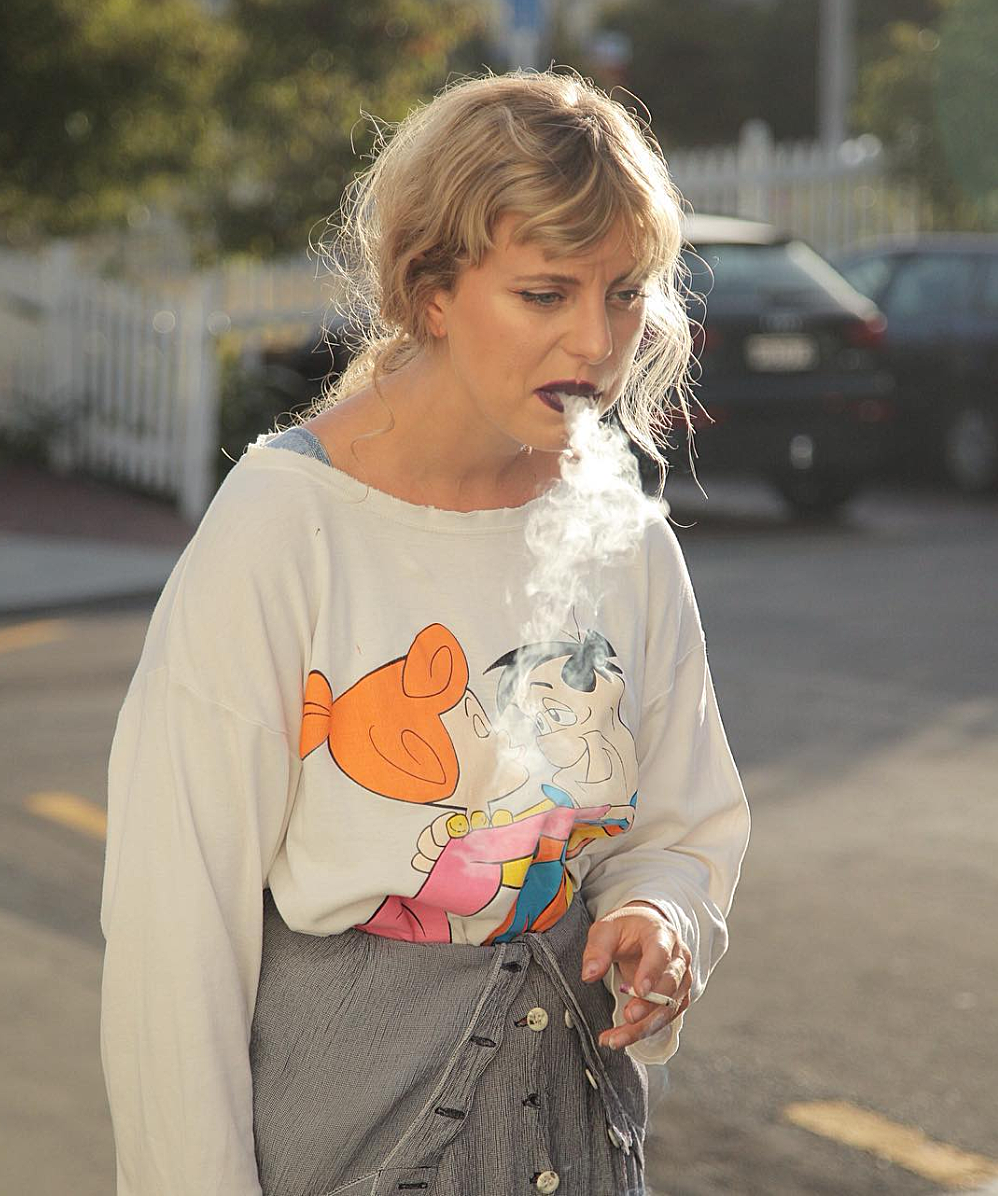Loose Canons: Stella Reid
Loose Canons is a series in which we invite artists we love to share five things that have informed their work.
Loose Canons is a series in which we invite artists we love to share five things that have informed their work. Meet the rest of our Loose Canons here.
Stella Reid is a tireless theatre and film artist who won Outstanding Performer and the Melbourne Fringe Tour-Ready Award at the New Zealand Fringe Festival 2017 Fringe Awards for the one-woman show The Basement Tapes, about a tape recorder found after her grandmother passed away. An exploration of the surreal, mysterious and heartbreaking parts of packing away someone’s life after they’ve died, this month The Basement Tapes is touring to Auckland and playing at Basement Theatre from Tuesday 27th - Saturday 31st March.
Reid is also putting the finishing touches on a short film about femme Shakespeare. Called Drop Down Globe, the short is a Someday Story supported by NZ On Air, the New Zealand Film Commission and The Body Shop. Reid is a Master of Theatre Arts, a humble lover of her whanau, and a long time supporter of black coffee and psychedelic drugs.
The Mars Volta’s ‘De-loused in the Comatorium’
I bought this album for my sister when I was 15, and in typical Stella fashion I’ve kept it ever since. The story of De-loused in the Comatorium comes at you like a Tennessee Williams play: death, magic, and the interrupted continuity of drama. The album is a sonic obituary for Mars Volta frontman Omar Rodríguez-López’s friend, who jumped off a freeway after a lifelong love affair with hardcore drugs; long passages of drug-induced psychosis brought about the disturbing dreams that inspired the album. I remember hearing lyrics like clipside of the pink-eyed fountain and minced meat pupils and not understanding it at all, but seeing it all hang in the air in front of me like the last chapter of a nightmare.
It isn’t an album for the faint-hearted, which makes me feel cool, and tough, and strong when I listen to it. This was one of the first pieces of art I loved that other people couldn’t stand. I used to put it on at parties in high school and absolutely no-one fucking enjoyed it. I’ve made art that does the same thing ever since.
Emily Perkins’ Not Her Real Name
The VUP edition of Not Her Real Name has a collection of drawings of people's’ faces drawn in a spiderweb-thin delivery. I picked it up off my parent’s bookshelf one long school holidays and was flabbergasted that a book could be set in Wellington. It was really sexy, and there were lesbians in it with the same name, and girls leaving high school and fucking up haircuts and chewing pizza but not swallowing it and getting angry that there were men called Marc with a c. Every story had a woman at the centre of it. A secretary decides to sleep with her boss, but instead of it being about his fallible character or hubris or inner turmoil, it was about her moment of transformation. If the story was a film, you’d never show the boss’s face. Years later, and sore from a break up, I picked it up again in an act of comfort. The last story about a tragic relationship, one I had previously overlooked, became a transcendental experience a decade on.
Nights when you don’t sleep
I lived in a flat on Mudges Terrace in Newtown during my formative years. It changed my life. I recall one night, when we eventually retired to The Cloud (our name for the bed big enough to house all of us), I became desperate to watch the sunrise. The five others were too involved in their daybreak conversation to look, so they asked me to describe it. I think it may have been the really good drugs, but christ I improvised a terrific poem.
We had constant creative outbursts during that time. I performed a crowd favourite piece of performance art to Massive Attack about the Iraq war which began with me setting fire to Monopoly money. One night we set up a computer to take photobooth photos through the night and we watched the stop-motion film the next day. On another night, Jessie (one of the ride-or-die Mudges Terrace residents) drew a massive cat with a spiral for a face on the hallway wall. When I feel lost, and jaded, and mediocre, I remember how that hive of activity used to make me feel. How much a lyric, or a late night collaborative painting, or a candlelit Seth Frightening live act, felt like we were changing the world. The memories of all the people that lived there still keep me feeling full. In a way, anything I make is just trying to reclaim that feeling.
The films of Yorgos Lanthimos
When I was playing a football game as a child, a member of the opposition called a defender on my team “weird”. My teammate paused, contemplating this statement, then asked, “Funny weird? Or strange weird?”
I’ve been straddling that difficult balance ever since. There is a pervasive sense that weirdness has to be really sincere, and that to tell the stories of what we dream about is to tell dark, gritty, lengthy, unruly affairs. I’ve slowly discovered that the fullest parts of our unconscious are as funny as they are serious, and both things have become incredibly important to my art. When Lanthimos’ characters ask each other to “pass the telephone” and get given salt; when they wear fucking terrible wigs or when they shoot donkeys in the opening scene, we get robbed of the food we are used to - the popular sustenance of explanation and catharsis. Despite his weirdness, Lanthimos has such a tight leash on his stories. His characters speak and move with elegance, and his visual style employs such control and restraint. Sometimes I think of a Lanthimos film and it helps me tighten the drawstring of my own big artistic mess.
Daniel Stephen Emms
In the seven years I have known Daniel, there isn’t a single thing I’ve made that I haven’t run past him. I’ve been lucky enough to work with him several times and he is the only person I have dared co-direct something with. He always surprises me with his sharp eye for detail and love of aesthetic; he makes visual masterpieces that have little concern for the mundanity of logic or audience demographics. He has this powerful ability to make anyone laugh, which is no mean feat, but because he is also such a whirring ball of energy his jokes constantly update and develop and fuse together. Even now, there is no one that makes me laugh harder.
David Lynch (who could also be on this list, easily) wrote about ““Ideas [being] like fish.” He said “If you want to catch little fish, you can stay in the shallow water...but if you want to catch the big fish, you’ve got to go deeper.” Daniel is one of those rare people with whom I can go deeper. We have lost people together, we have grown together, and we have shared little quiet pains and found enough strength to laugh at them. Daniel would probably hate me saying it, but he is a nurturer. When I feel small and vulnerable about an idea, I take it to him to watch him feed it and water it and leave feeling stronger. He has a vibrant way of viewing the world that helps you see more colour. I always want my work to affect people the way he affects me. Which, in a way, makes him a great work of art.
The Basement Tapes is on at Basement Theatre, Tuesday 27 March to Saturday 31 March
You can find tickets and more information here
